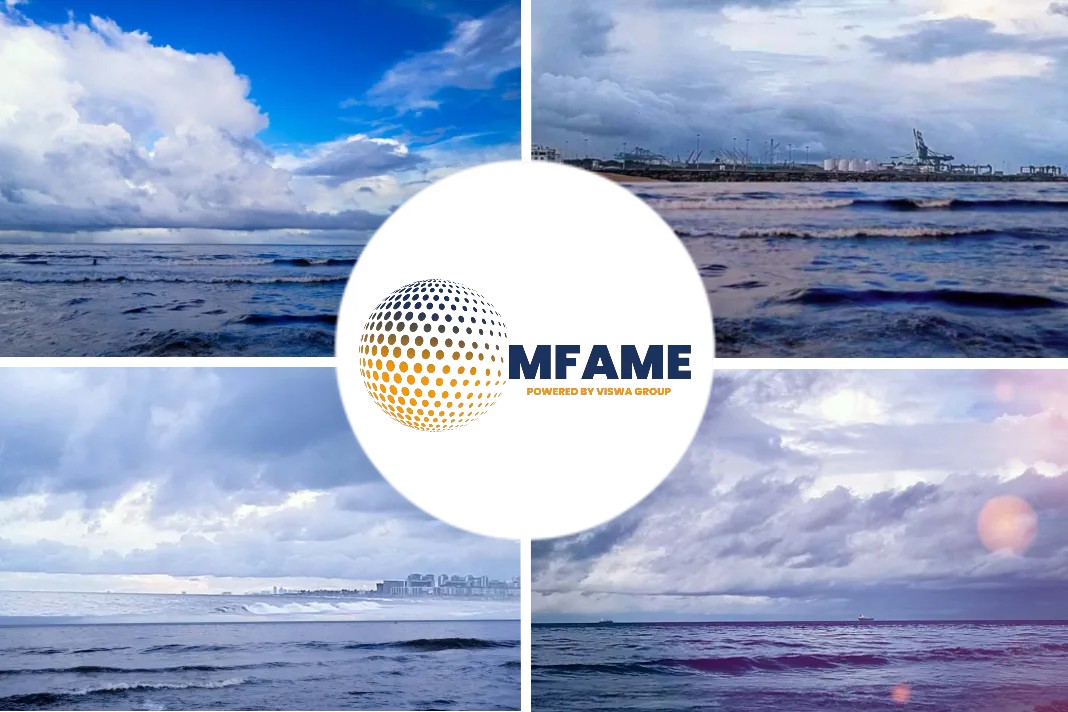TECO 2030 ASA has completed the feasibility and concept study for marine fuel cells together with its Austrian partner AVL List GmbH, says a press release published on their website.
GHG emission reduction
As informed, the company is now moving over to the next phase of maritime fuel cell development, in line with its Fuel Cell Development Roadmap.
The maritime industry drastically needs to cut its emissions of greenhouse gases (GHG) to comply with global climate goals.
Continued growth in the sector has been accompanied by rising emissions, and between 2012 and 2018, carbon emissions from the shipping industry increased by over 9%, according to the International Maritime Organization (IMO).
Reducing carbon emissions
IMO has an ambitious target of reducing carbon emissions by 40% by 2030 and 70% by 2050, compared to 2008. Hydrogen will be essential to support the decarbonization of the maritime industry and make it more environmentally friendly, TECO 2030 said.
Fuel cells and hydrogen
The company believes that fuel cells and hydrogen are “the most efficient ways” to produce electric power and store energy as fuel. TECO 2030 has developed a specifically-designed modular fuel cell system for heavy duty marine applications, enabling ships to become emissions-free by switching from fossil fuels to hydrogen.
”TECO 2030’s Marine Fuel Cell development is going according to plan and has been tested with remarkable results. We are now moving into the next phase together with our Austrian partner AVL. Here, we will develop the stack to the highest marine standard and for dedicated use onboard a ship,” Tore Enger, CEO at TECO 2030, commented.
AVL’s Gen0 fuel cell stack
The building block of the TECO 2030 marine fuel cell system will be the Gen0 fuel cell stack, developed by AVL. Over the last few weeks, various full-size stacks have been tested and have shown good performance, even exceeding the defined targets.
Stack platform testing
Within the next phase of the project, the stack platform will be optimized towards marine usage and also extensively tested to meet the lifetime requirements.
“Based on the test we have executed so far, we are confident that the Gen0 stack, originally developed for challenging heavy duty truck requirements, will be very competitive in the marine application,” Jürgen Rechberger, Head of Fuel Cells at AVL, said.
Earlier this year, TECO 2030 also unveiled plans to establish Norway’s first large-scale production of fuel cells, optimized to be the heart of hydrogen-powered ships and other heavy-duty installations.
Did you subscribe to our daily newsletter?
It’s Free! Click here to Subscribe!
Source: TECO 2030

























